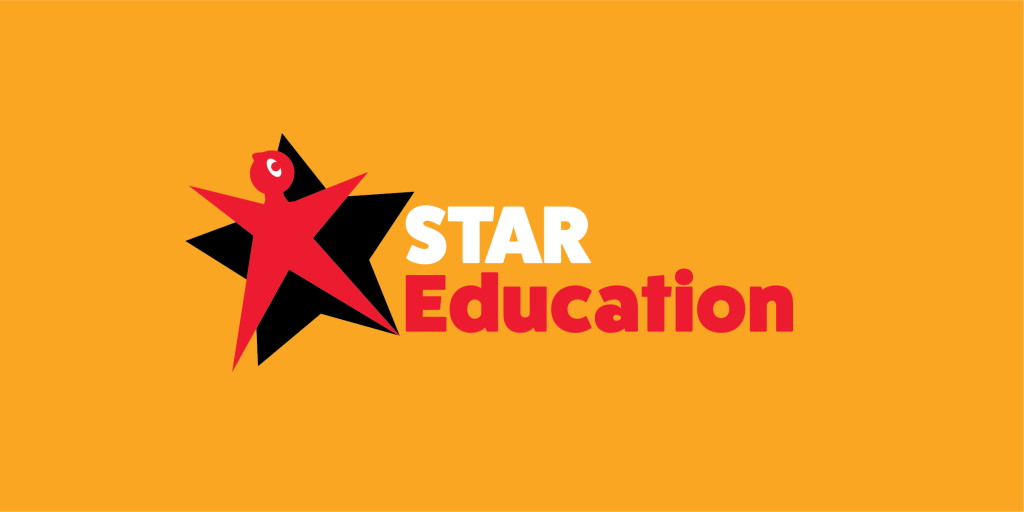
The COVID-19 pandemic, coupled with geopolitical conflicts, climate disasters, and economic turmoil, has exacerbated existing inequalities, pushing an additional 75 million people into severe poverty worldwide since 2020. United Nations indicates that over 342 million women and girls could be living below the poverty line by 2030.
In Manipur, the repercussions of global and local crises are keenly felt. Poverty, inequality, and climate change disproportionately affects women and marginalised groups. To counteract these trends, we must prioritize initiatives aimed at accelerating gender equality and the empowerment of all women and girls.
On International Women’s Day, March 8th, 2024, the United Nations calls upon the world to celebrate under the theme “Invest in Women: Accelerate Progress.” Despite hardships, one truth remains evident: empowering women is by investing in them. Progress for women benefits us all.
A critical starting point for gender equality is by prioritizing girls’ education. Education is a powerful tool for empowering women and breaking the cycle of poverty. Investing in girls’ education serves as a foundational step towards promoting gender equality and hence, empowering women.
Research and reports support the notion that investing in girls’ education leads to numerous positive outcomes, including reduced early pregnancies, improved health outcomes for both mothers and children, increased earning potential, and overall benefits for families and society at large.
Girls who perform well in school are more likely to earn higher incomes and contribute to their families’ financial stability, fostering economic empowerment within communities. By prioritizing access to quality schooling, governments and communities lay the groundwork for positive change and sustainable development.
In Manipur, initiatives like STAR Education aim to empower girls in government schools to break the cycle of poverty. The initiative under School Fagathansi Mission exemplifies the commitment to girls’ education in particularly disadvantageous locations. Through tailored teaching methods, educational materials, and targeted engagements, STAR Education fosters a network of empowered partners, parents, and teachers committed to girls’ education.

STAR Education is committed to providing not only quality education but also fostering gender equality from an early age. Through its efforts, STAR Education aims that women Teachers, Educators, and School Supervisors serve as inspirational role models within both the classroom and the wider community.
Manipur as a State is known for its exemplary strong women. However, despite the undeniable progress, on a societal level, significant challenges remain on the path to gender equality. Bridging the financing gap and addressing systemic barriers require concerted efforts from governments, civil society, and the community at large. By allocating resources to education, healthcare, and economic opportunities for women, communities, organizations, and governments can accelerate progress towards achieving the Sustainable Development Goals (SDGs).
Investing in women extends beyond economic utility; it is a fundamental human rights imperative. Let us strive for the progress of women and work towards building a world where gender equality is not just an aspiration but a lived reality.

